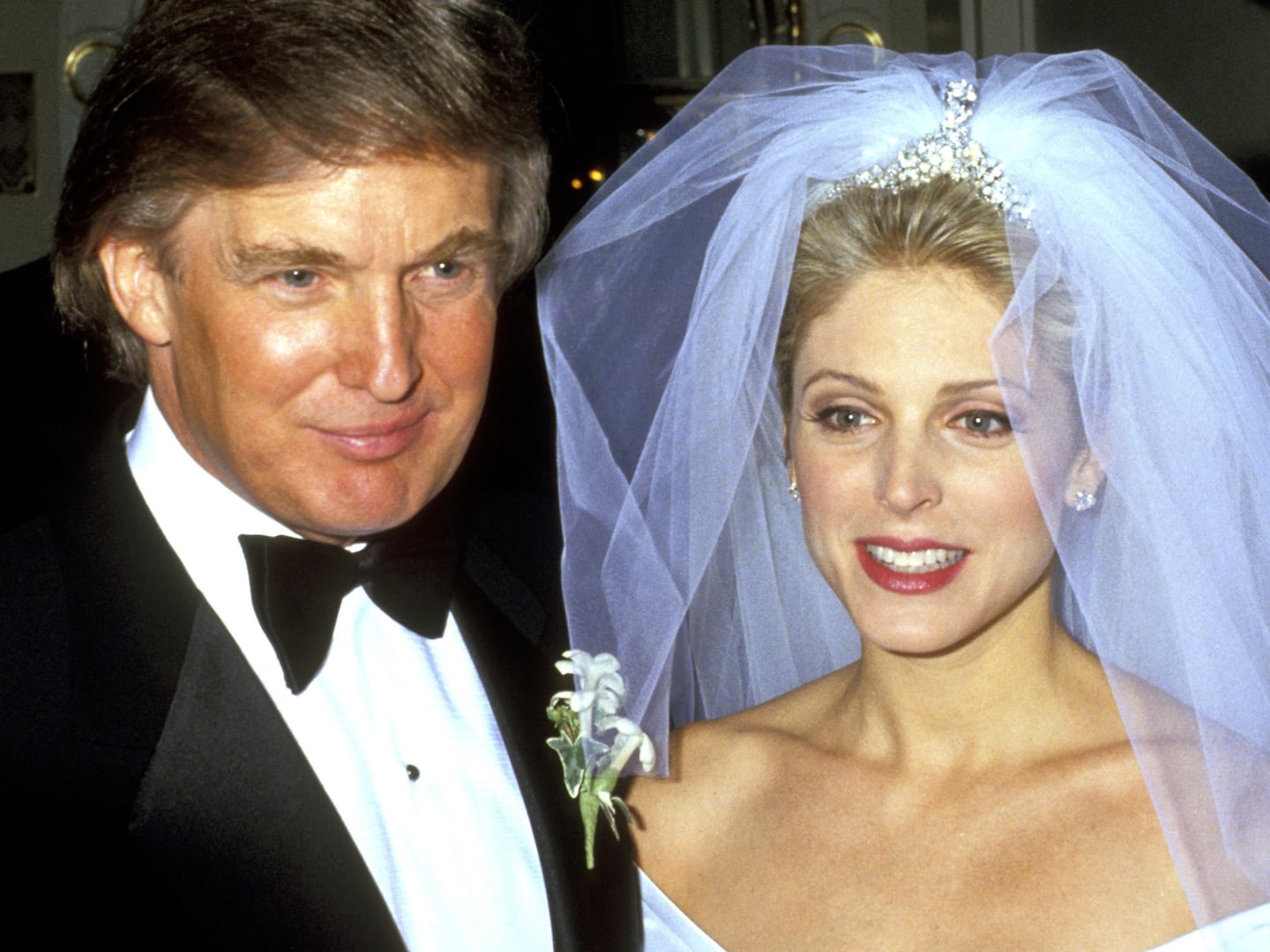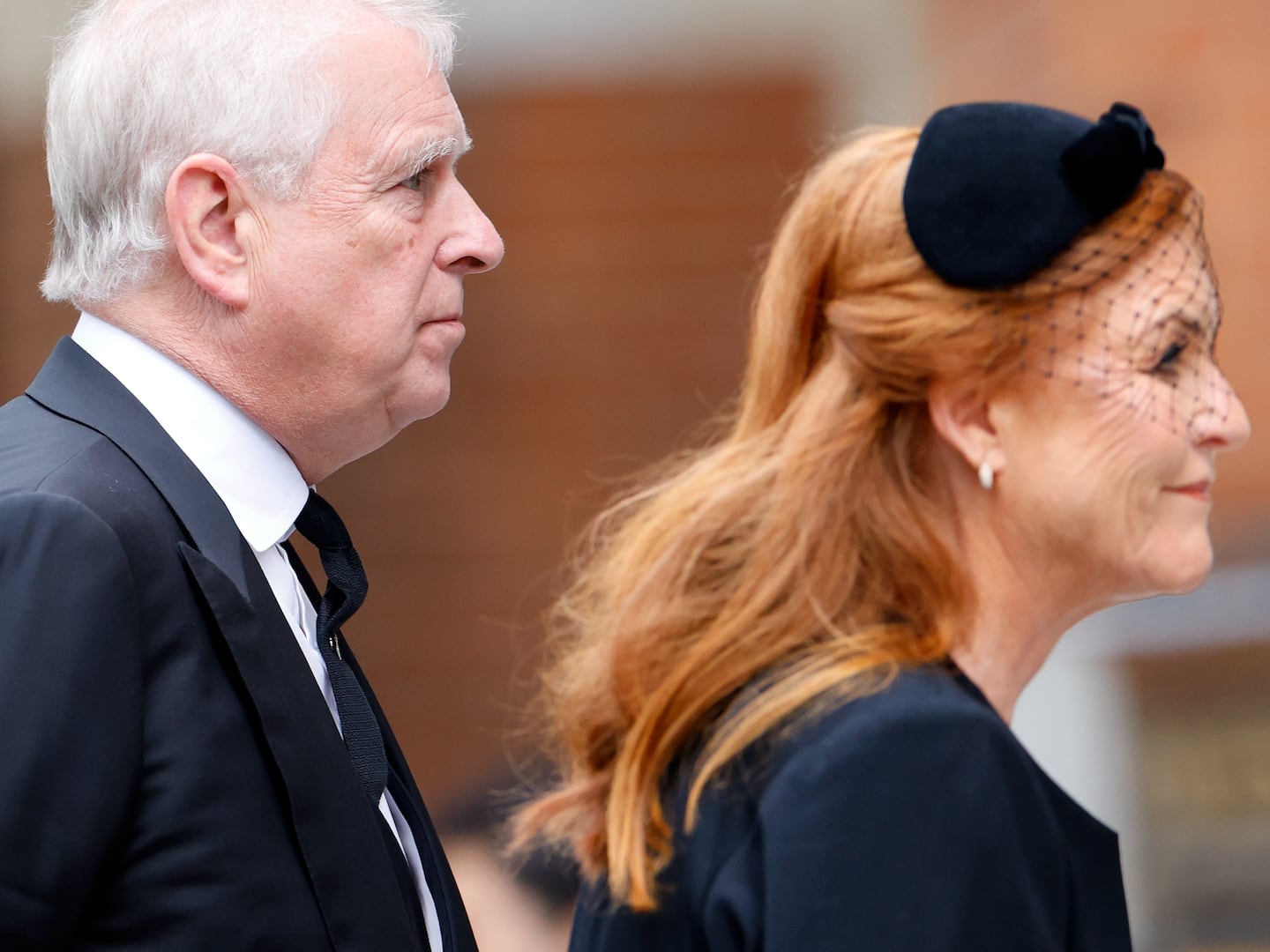Vladimir Putin’s top spokesman swears there wasn’t an American spy hiding out under his boss’ nose, but Russia’s state media is already taking great pains to smear the man identified in American news outlets as the CIA’s top spy in Moscow as nothing more than a fired, low-level staffer who loved to drink “a bit more than the usual person.” A host of news outlets have now reported that the high-level spy made a quick exit from Russia in 2017 after alerting American intelligence to Putin’s plot to meddle in the 2016 elections. The Daily Beast visited a home in the Washington area on Monday that appeared to be linked to a Russian official who mysteriously vanished in 2017 but only came away with more questions.
Welcome to Rabbit Hole.
Damage control: In the face of mounting reports about a spy in its midst, senior Russian officials sought to refute claims that the CIA had recruited a spy with access to Putin’s files and inner circle. Both Putin’s spokesman Dmitry Peskov and Russian Foreign Minister Sergei Lavrov denied rumors circulated in the Russian media that a former official who had apparently left the country was privy to the kinds of secrets the source reported by CNN and The New York Times allegedly enjoyed.
Family issues: According to the Times, the CIA’s source was hesitant to defect because of concerns about his family. That hesitance reportedly prompted fears within U.S. intelligence that he could’ve been a double agent. The source ultimately quieted those concerns with a mid-2017 flight from Russia courtesy of the CIA, but it’s not unheard of for intelligence defectors to struggle with family issues either before or after deciding to leave their home country.
Former CIA officer Thomas Polgar wrote about the problems faced by defectors in a 2008 journal article and noted that the pull of family and social ties is sometimes so great that it leads agents to return home after defection. “They prefer their previous experience with family ties and close social integration, albeit in discomfort and without political freedom, to the problems of coping on their own with a foreign culture, in loneliness,” he wrote.
The nuclear scientist: In 2009, the CIA exfiltrated Shahram Amiri, an Iranian scientist who had spent years feeding the CIA information about Iran’s nuclear program, during a pilgrimage to the holy city of Mecca in Saudi Arabia. The agency reportedly paid Amiri $5 million for his efforts and resettled him in Tucson, Arizona. Amiri, however, became homesick for his family left behind in Iran and frequently called his son there, according to The New Yorker. The emotional toll of family separation led Amiri to concoct a fake story about being kidnapped by the CIA and re-defect back to Iran. He was imprisoned and ultimately executed in 2016.
The lovesick colonel: The pull of family also weighed heavily on former Soviet KGB colonel Vitaly Yurchenko. Yurchenko, a CIA recruit, defected to the U.S. during a trip to Rome in 1985 with the hope that he could build a new life in the West with his mistress, a married secretary who he’d met at the Soviet embassy in Washington in the 1970s. Yurchenko’s paramour, however, spurned him after a CIA-sponsored trip to Montreal to proposition her on defection. The rejection, isolation, and bitterness that his defection had leaked to the media shortly after he arrived in the U.S., filled Yurchenko with a sense of regret. He re-defected to the Soviet Union and, like, Amiri, was eventually executed by his home country.
What made him jump? One of the lesser mysteries surrounding the CIA’s top source is why news outlets have offered conflicting accounts. In its initial report, CNN cited concerns among intelligence officials that President Trump might blurt out information about the source after the president shared sensitive information about an ISIS intelligence source with Russian officials during a White House visit. CIA officials blasted those accounts as “simply false” in a statement to Fox News.
Reporting from The New York Times and The Washington Post, however, has offered more nuanced explanations for the mounting anxiety about the source’s security. The Post reported that the intelligence community’s public assessment that Putin had personally directed interference in the 2016 election may have prompted Russian counterintelligence officials to look harder for American informants in their ranks. A number of outlets, ranging from NBC to the Times, had also reported on the existence of a high-ranking Russian source who had helped inform U.S. intelligence about the Russian election meddling campaign, adding additional concerns that officials in Moscow could ramp up a mole hunt and uncover the Americans’ source.
On the ground: The Daily Beast showed up at a Washington-area residence on Monday, situated at the end of a cul de sac in an upscale suburb, in search of a former Russian foreign policy official who had not been seen since he disappeared from the country so abruptly in 2017 that it reportedly sparked a murder investigation.
No one answered the door after multiple door-knocks and bell-rings. About five minutes later, two men approached driving a small SUV with out-of-state license plates. They circled around the cul de sac where a Daily Beast reporter was parked, proceeded to take photos of the reporter, waved, and drove away. About fifteen minutes later, the men returned with another car in tow. The other car drove up to the house while the SUV waited at the end of the driveway. They stayed for about a minute, then left together.
Neighbors in the area described the residents of the house as a Russian couple who had moved to the area in the summer of 2018. They mostly kept to themselves, two neighbors said. One recalled inviting them over to watch fireworks on July 4, 2018. The wife, the neighbor said, spoke no English. But he struck up a brief conversation with the husband. Asked what he did for a living, he said he wasn’t currently employed. The neighbor recalled finding that odd, as they had just moved into an expensive house.
After a couple hours staking out the house on Monday evening, one of the cars returned and parked in the house’s two-car garage. But no one answered additional knocks at the door, save for two very large dogs.
NBC News first reported a similar visit to a Washington-era residence late Monday evening and claimed that the individual it sought was a “possible Russian spy.” It’s unclear whether NBC visited the same residence as The Daily Beast. Nor was The Daily Beast able to confirm the man’s employment status.







